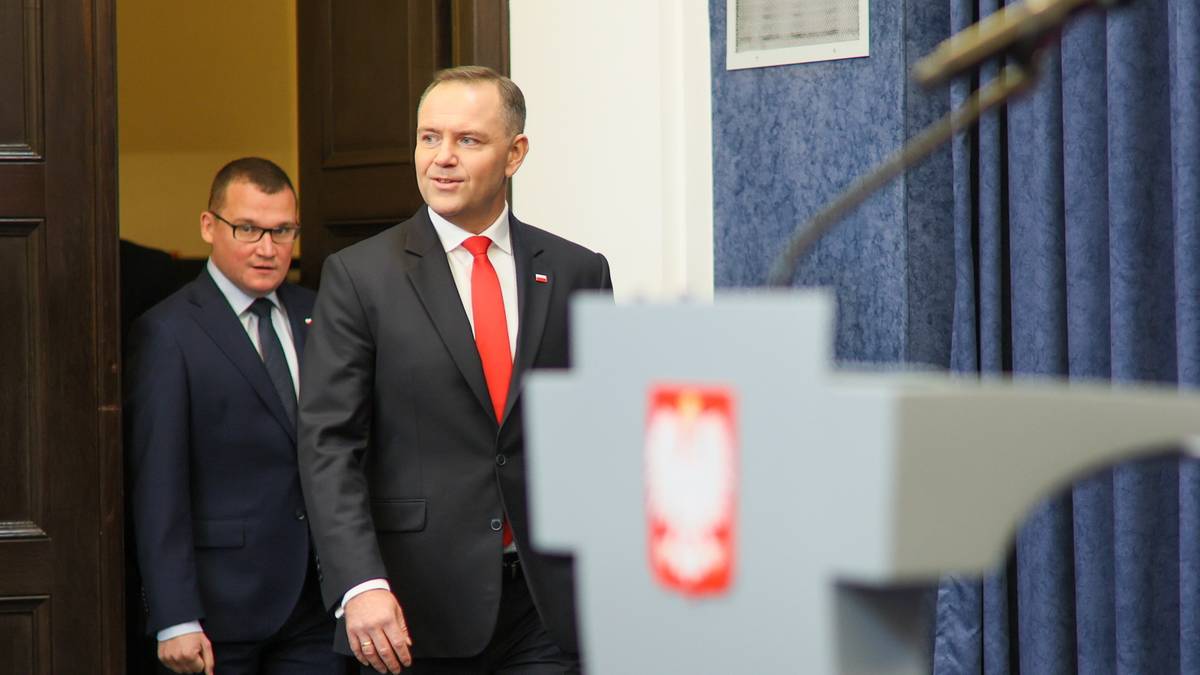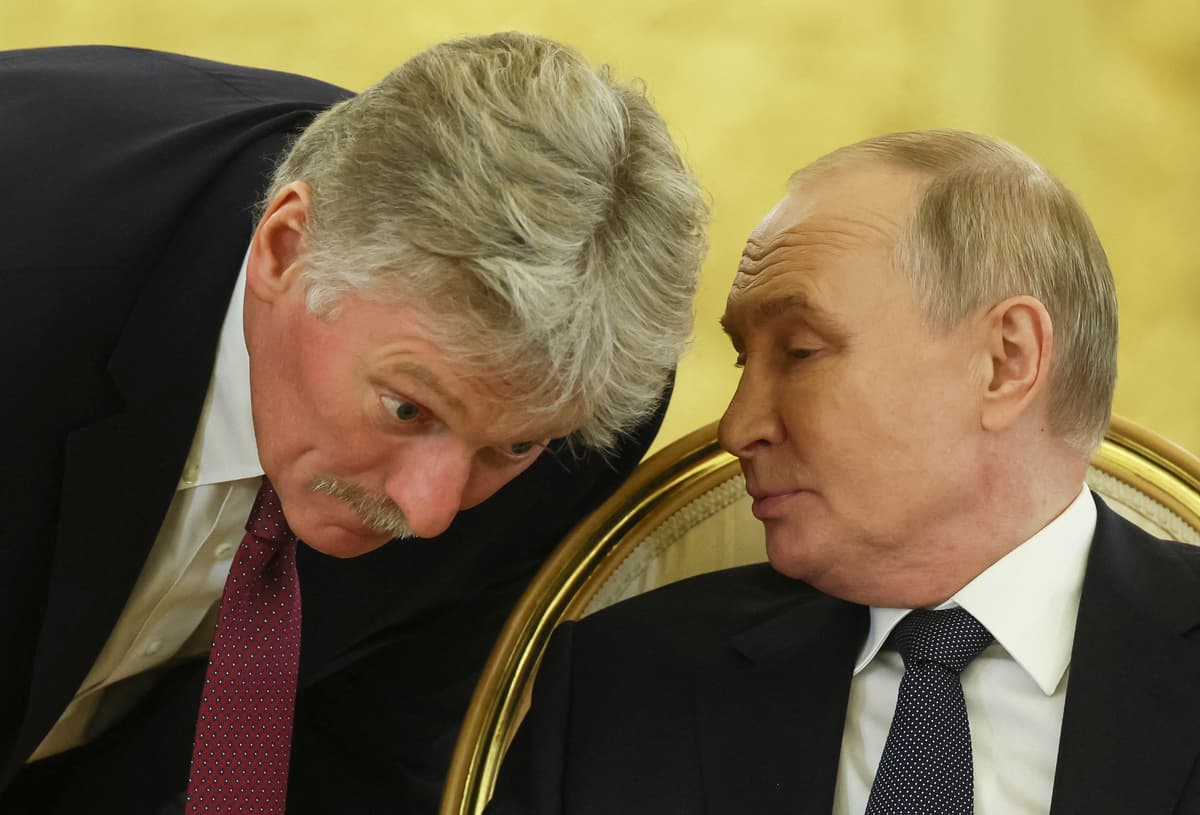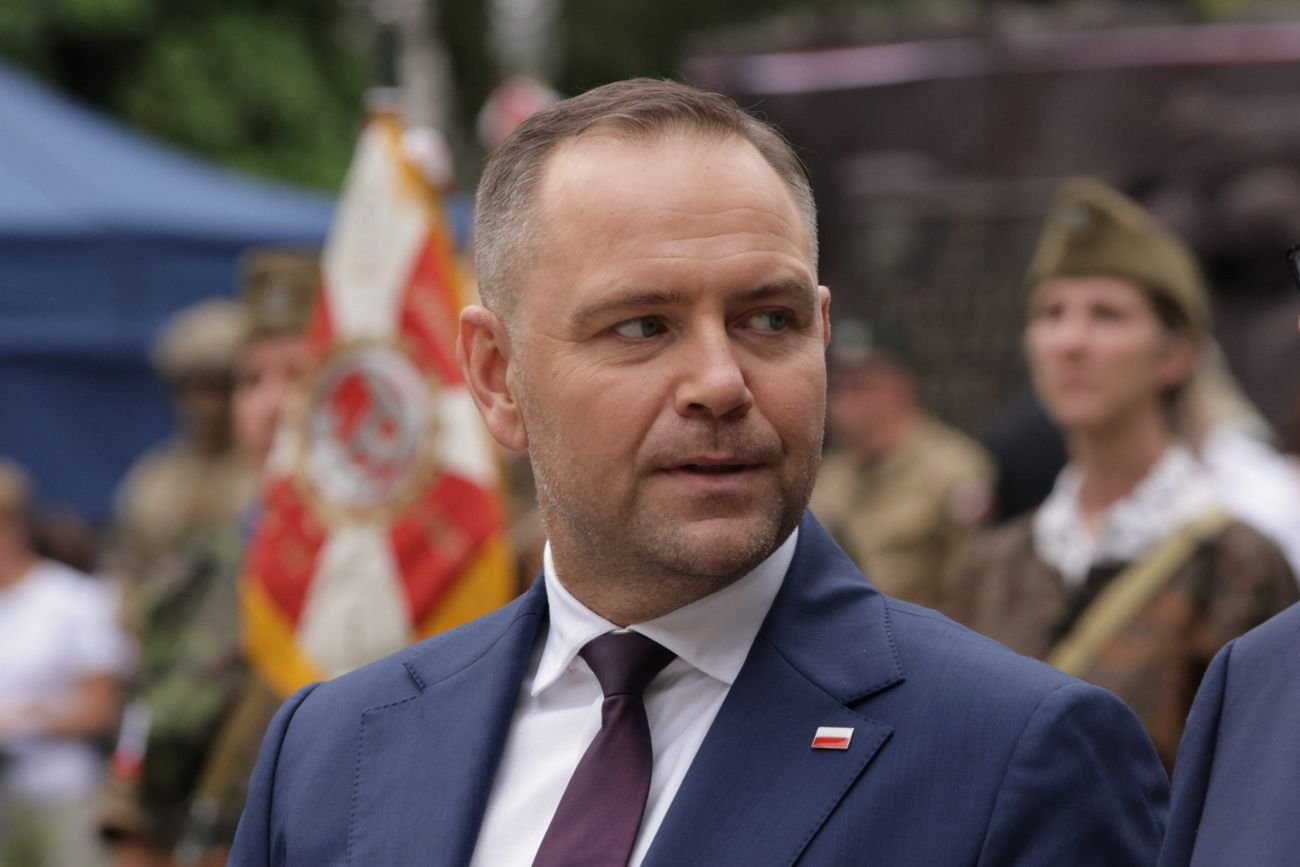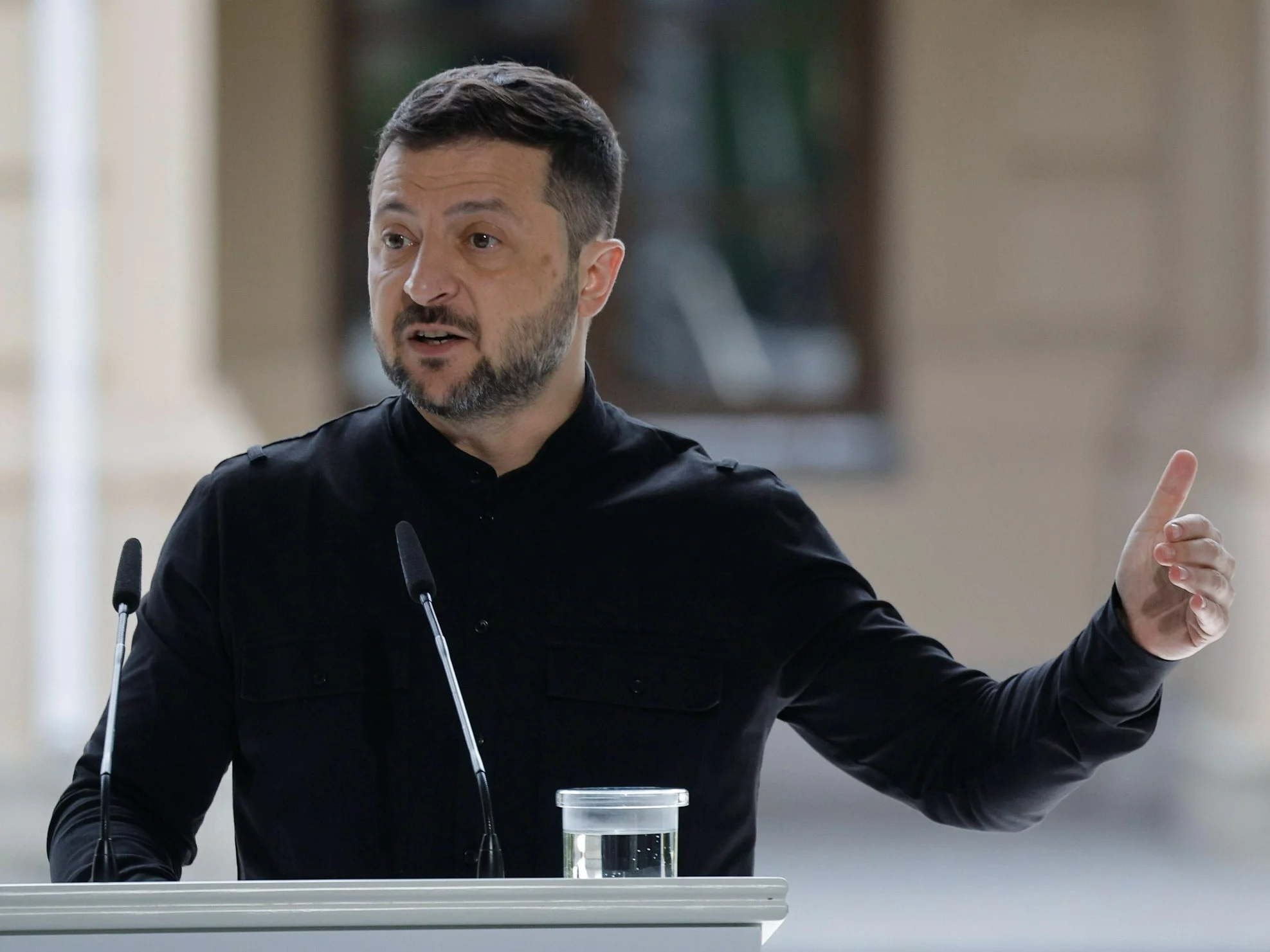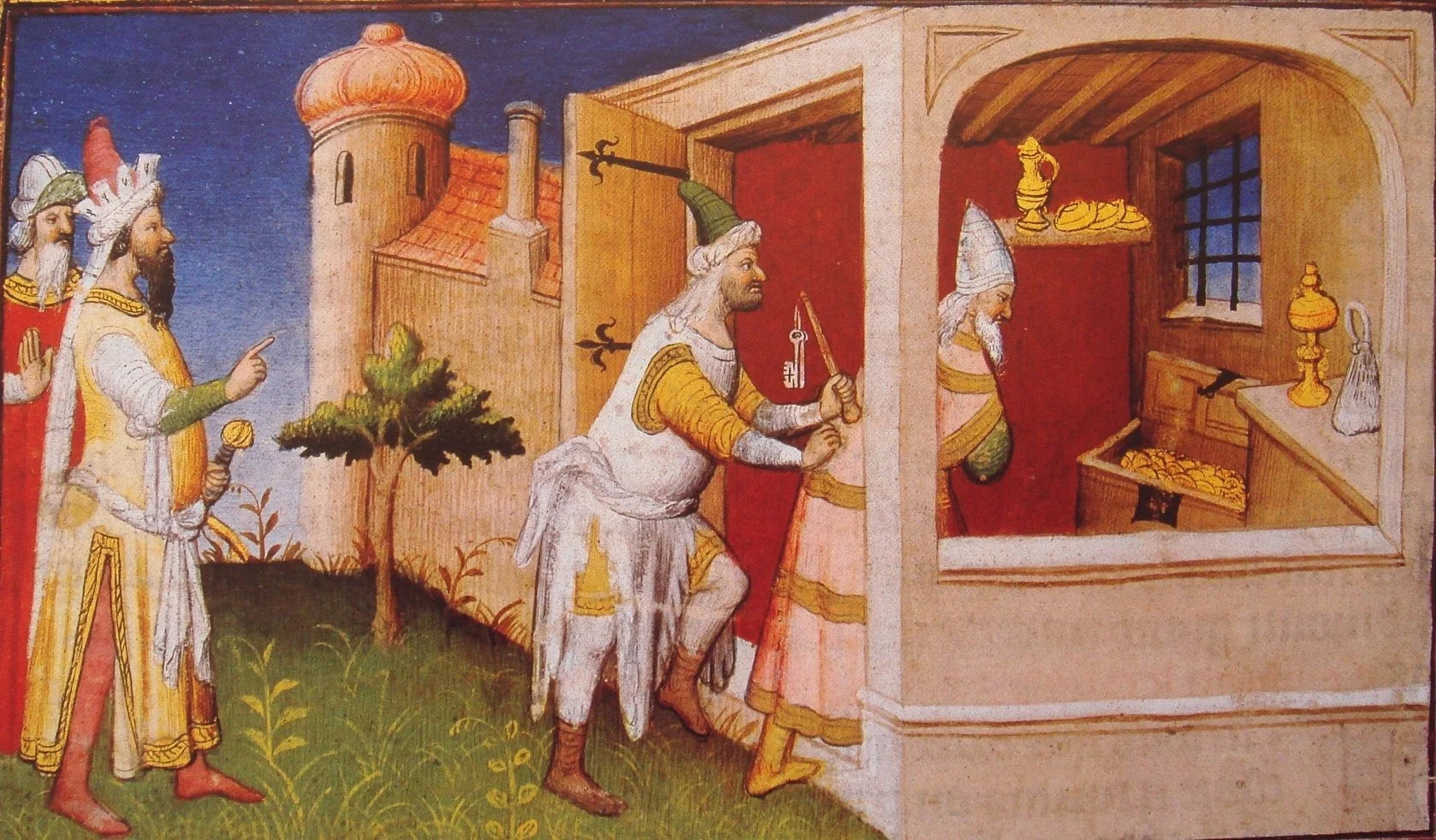
Poland is at the forefront of the EU countries in terms of the longest working time. According to the latest Eurostat data for 2024, Poles work on average 38.9 hours a week, while the EU average is 36 hours. For comparison, the shortest week of work is valid in Denmark, Germany and Austria – only 33.9 hours.
Poland among the most busy EU countries
In the Eurostat ranking, Poland ranks alongside Greece (39.8 hours), Bulgaria (39.0 hours) and Romania (33.8 hours). The Dutch work for the shortest time (32.1 hours) and then residents of Denmark, Germany and Austria (33.9 hours).
The actual working time includes hours worked at the main place of employment, including overtime, but excluding holidays or commutes.
Which industries work the longest?
Eurostat indicates that in 2024 the longest week of work was recorded in:
- agriculture, forestry and fisheries – 41.5 hours,
- mining and mining – 39.1 hours,
- Construction – 38.9 hours
The shortest work is:
- households with employees – 26.7 hours,
- education – 31.9 hours,
- arts, amusement and recreation – 33 hours
Why do Poles work so long?
Dominic the Shepherd, manager of the Social Policy Programme at the Institute of Public Affairs, points out that Poland has been at the forefront of the most busy EU countries for years.
– "Poles are 1 of the most busy nations in the European Union. Men and self-employed people work the longest. It besides turns out that Poland is besides at the forefront of the countries with the longest working time among part-time workers" – says the expert.
In his opinion, long working time is due to an economical model characteristic of "peripheral economies", but current economical growth offers a chance for change.
– "Research shows that spending quite a few time at work affects workers' wellness and wellbeing. This besides has various negative consequences, e.g. for the decision to have children, and after all, we are experiencing a demographic crisis" – emphasizes the Shepherd.
Is Poland ready to reduce working time?
According to the expert, The economy is already prepared for this, but political will is lacking.
– "We are economically ready to take this step, although there is not yet the political will to do it. On the another hand, data shows increasing social acceptance for this solution" “The Shepherd says.
The expert indicates that shorter working time does not necessarily mean little hours, but for example more flexibility or extra days of leave.
Pilot programme for shortening working time
28 April 2025. Ministry of Family, Labour and Social Policy announced launch pilot programme for shortening working time. The task assumes financial support for employers investigating fresh models, specified as:
- 6-hour working day,
- 3-day weekend,
- additional days of leave – without wage reduction.
The programme is to be financed from Labour Fundand employers can receive even 1 million PLN of support.
Is shorter working time working?
In many countries Western specified solutions have already been tested. W United Kingdom rod 92% of companies after a 6-month experimentation with four-day working week decided to proceed it. akin initiatives have been introduced in Germany, France, Finland, Spain and Canada.
Will Poland follow in their footsteps? Time will tell.

Poland at the forefront of the EU's longest working countries Is it time to change?May 16, 2025
Poland is at the forefront of the EU countries in terms of the longest working time. According to the latest Eurostat data for 2024, Poles work on average 38.9 hours a week,

Are the bailiffs gonna work longer? Draft amendments to the law on court bailiffsMay 16, 2025
The government plans to rise the retirement age for court bailiffs – from 65 to 70 years. The bill's draft amendment, prepared by the Ministry of Justice, is to reconstruct the provisions before 2019

East drug planet broken! Warsaw Police intercepted 3 kg of drugsMay 16, 2025
Warsaw police noted another success in the fight against drug crime. Thanks to the cooperation of the officers from the Centre and the Police Prevention Branch, 2 persons active in illegal trafficking were detained
Continued here:
Poland at the forefront of the EU's longest working countries Is it time to change?



